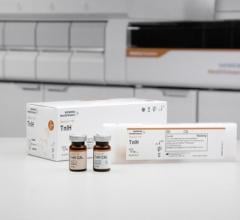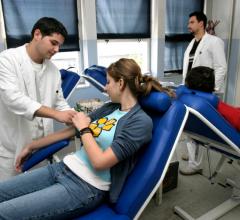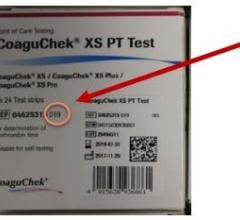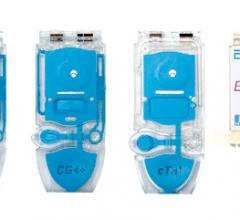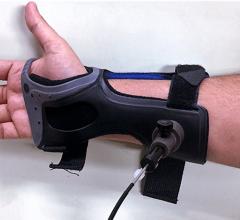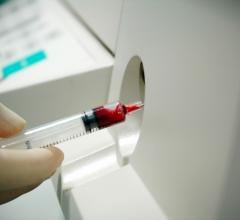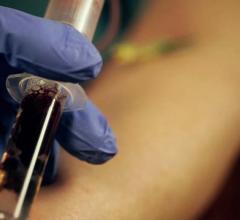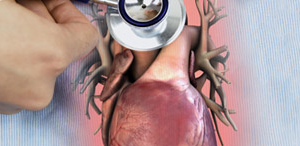
Presage ST2 Assay
March 7, 2012 — Critical Diagnostics announced results from a multi-center study in ambulatory heart failure patients which confirmed that a contemporary panel of biomarkers, including ST2, was strongly predictive of risk and significantly improved the likelihood of identifying patients at risk for adverse events, compared to the most commonly used clinical risk score in heart failure, the Seattle Heart Failure Model (SHFM). The paper (“Multiple Biomarkers for Risk Prediction in Chronic Heart Failure”) was published online in Circulation: Heart Failure.
The Penn Heart Failure Study (PHFS), a multi-center cohort of 1,513 outpatients with chronic heart failure, used a panel of seven biomarkers, including ST2 as measured using the Presage ST2 Assay, and compared results to the most widely validated risk score, the Seattle Heart Failure Model (SHFM). During the follow-up period of 30 months, 187 patients died, 99 had cardiac transplants, and 31 had a ventricular assist device (VAD) placed. Patients in the highest one-third of the multi-marker score had a 13.7-fold increased risk of adverse outcomes compared to the lowest one-third, and this risk remained nearly seven-fold higher after adjustment for the SHFM. Moreover, the PHFS panel appropriately reclassified a significant number of patients — some 25 percent — into a higher risk category.
“This study provides continued support for the value of the Presage ST2 Assay in risk-stratifying patients with heart failure to better manage their condition,” states James Snider, president of Critical Diagnostics.
The Presage ST2 Assay quantitatively measures the level of ST2 in blood. ST2 has been shown to be a significant predictor of mortality as well as all-cause hospitalization, mortality due to cardiovascular disease, and hospitalization due to cardiovascular disease. ST2 is prognostic for clinically important outcomes in addition to all-cause mortality. Presage ST2 Assay levels are independent and complimentary of natriuretic peptide markers and not adversely affected by such confounding factors as age, gender, body mass index and impaired renal failure.
For more information: www.criticaldiagnostics.com


 October 09, 2019
October 09, 2019 
